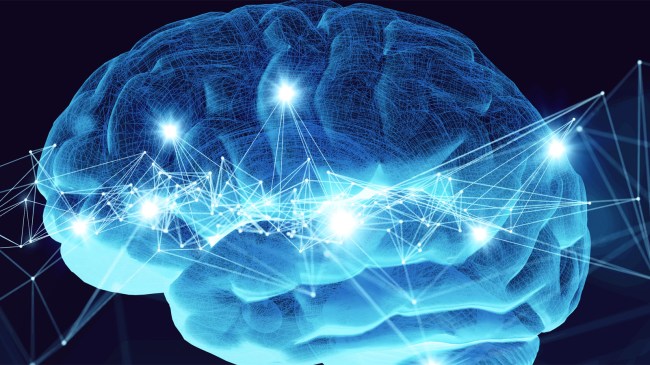iStockphoto
An evolutionary biologist warns that the further advancement and utilization of artificial intelligence (AI) could end up shrinking human brains. It also could alter and influence physical, biological and social environments, as well as natural selection.
Rob Brooks, Scientia Professor of Evolution at University of New South Wales Sydney, recently shared these concerns in a new research paper published in The Quarterly Review of Biology. In his paper, Brooks writes, “As artificial intelligence (AI) becomes more common and sophisticated, its effects on human lives and societies are attracting considerable attention. The question of how these new technologies might affect human evolution remains far less often asked, and most attempts focus on dramatic but perhaps unlikely events, including possibilities of human annihilation, assimilation, or enslavement.”
He expresses concern that an AI-rich world will accelerate recent trends toward smaller brains, selective attention spans, altered personality types, and mood-disorder susceptibilities. He also believes such a world will affect intimacy-building and mating competition due to the fact that “AI applications that act as friends and intimates are likely already affecting mating success and may influence the evolution of social behavior.”
Writing about his research for The Conversation, Brooks states, “There is already evidence that cultural sharing of knowledge and writing lightened the load on individuals to remember everything. As a result, human brains have shrunk over recent millennia.”
He also compares AI-strengthened social media platforms to parasites, writing, “They started out providing useful ways to stay connected (mutualism) but so captured our attention that many users no longer have the time they need for human-human social interactions and sleep (parasitism).
“If AI learns to capture user attention ever more effectively, stoking anger and fomenting social comparison, the consequences for who lives, dies and reproduces will affect evolution. In the best of a series of bleak scenarios, the ability to resist social media or remain unmoved by rage-bait might evolve to be stronger.”
He also expresses concern over what he calls “artificial intimacy” where technologies emulate social behaviors like making friends and forming intimate relationships and how that might influence people generations in the future.
“Evolutionary changes over many generations could well change or even diminish some of the human traits we cherish most, including friendship, intimacy, communication, trust and intelligence, because these are the traits AI engages most profoundly,” he concludes.

